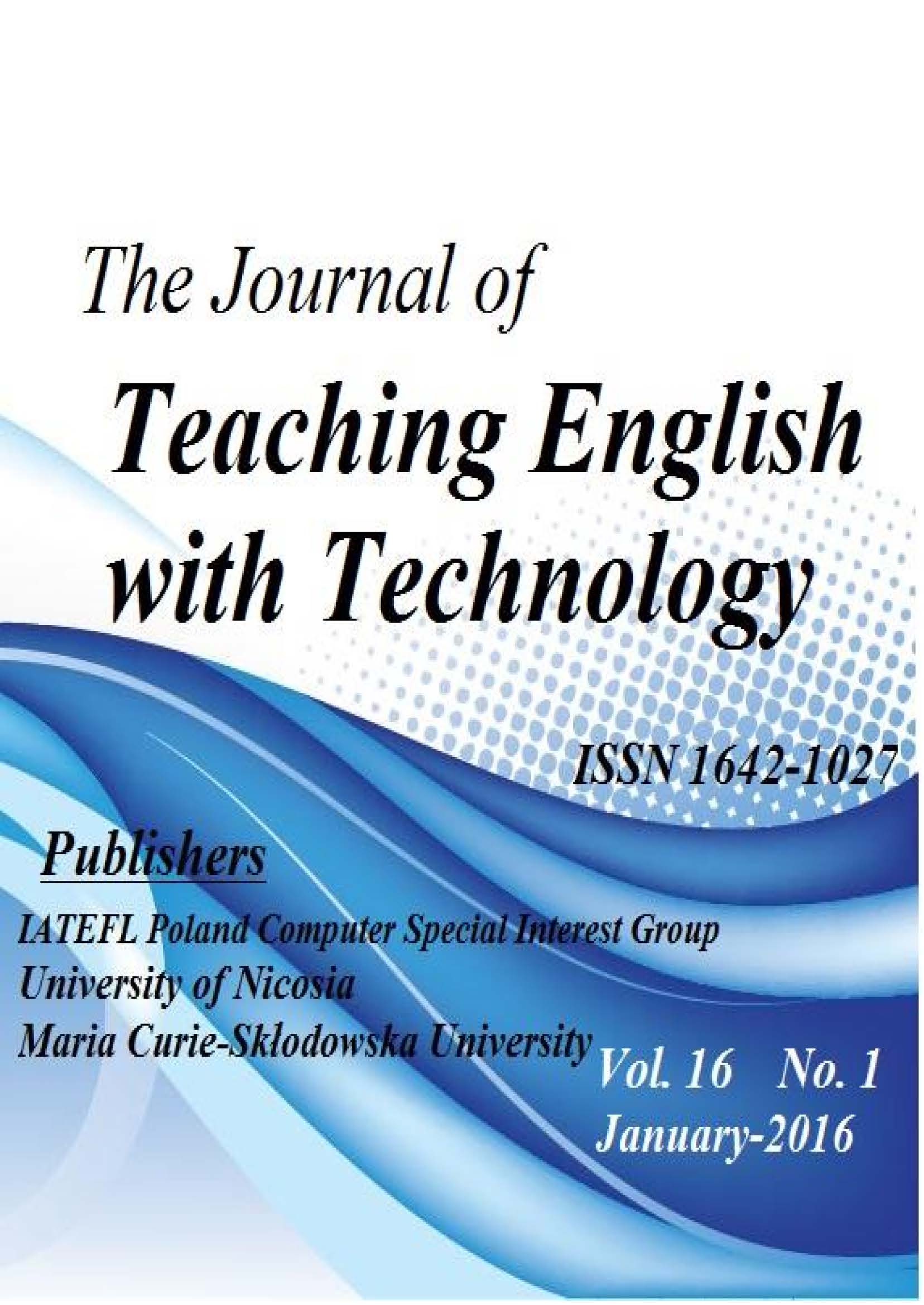VOCABULARY GLOSSING: A META-ANALYSIS OF THE RELATIVE EFFECTIVENESS OF DIFFERENT GLOSS TYPES ON L2 VOCABULARY ACQUISITION
VOCABULARY GLOSSING: A META-ANALYSIS OF THE RELATIVE EFFECTIVENESS OF DIFFERENT GLOSS TYPES ON L2 VOCABULARY ACQUISITION
Author(s): Vahideh Sadat Vahedi, Behzad Ghonsooly, Reza PishghadamSubject(s): Language and Literature Studies, Foreign languages learning
Published by: IATEFL Poland Computer Special Interest Group and The University of Nicosia
Keywords: hypertext gloss; vocabulary acquisition; meta-analysis; effect size; heterogeneity
Summary/Abstract: In recent years there has been a growing interest to incorporate hypertext glosses into L2 reading materials and accordingly, it has provoked researchers to uncover to what extent and under which moderator variables a specific type of gloss yields more effective outcomes than other types of glossing. The present meta-analysis attempts to examine the magnitude of the effect of different gloss types (single vs. multiple glosses) on L2 vocabulary acquisition along with identification of the contextual factors that influence between-study variation through synthetizing 34 primary articles which satisfy the inclusion criteria. The overall effect size is found to be + 0.83 (p<0.05), indicating that multiple glosses (text+visual) has a large, positive effect on learners’ vocabulary acquisition than single mode of glossing (text-only). Moderator analyses further suggest that intensity of the program and L2 proficiency level are potential moderators influencing the heterogeneity between effect sizes, whereas the learning context, sample size and research design do not have such impact.
Journal: Teaching English with Technology
- Issue Year: 16/2016
- Issue No: 1
- Page Range: 3-25
- Page Count: 23
- Language: English

